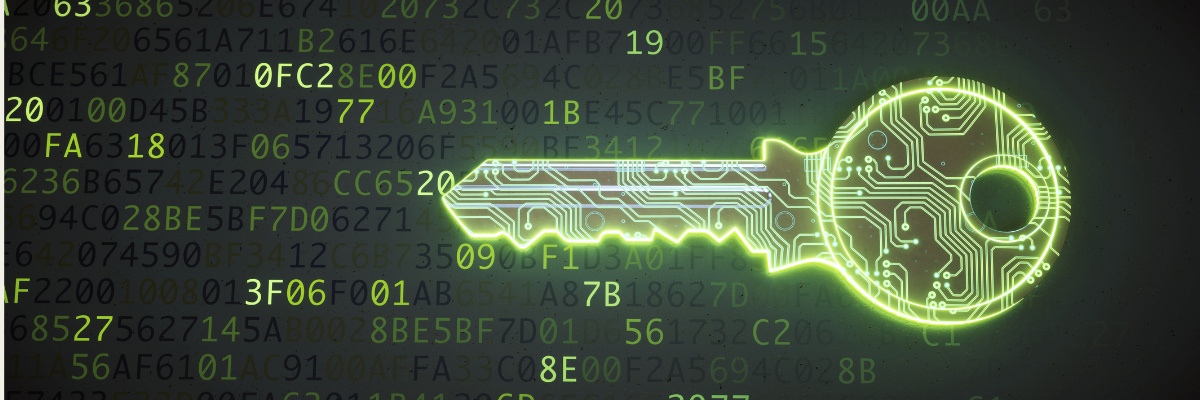Last December the I4MS community were talking about the Digital European Program improving Europe’s competitiveness in the global digital economy. For the I4MS community, it is important to develop the European Commission’s ambitious plans on Green Deal and digitalisation. I4MS is building tools and fostering new partnerships to support the industrial ecosystems in the green transformation and reinforce our pan-European competitiveness. This will happen by bringing together major research, business and public stakeholders for the common development and implementation of digital transformations in renewable energy, greenhouse gas reduction, eco-design, recycling, environmental protection, circular business model development and associated sectors.
In order to build a strategy of digital transition and be in line with the different regions of Europe, Lithuania participate in the pilot project lead by European Commission “Regions in Industrial Transition”. It helped us evaluating the aspects of Lithuanian industrial transformation in terms of comparing with other European regions. Together with 12 regions of EU we aim to solve specific challenges underlying digital industrial transformation.
Aiming to help our industry addressing these issues, the recommendations were provided in the following areas:
- Preparing for jobs of the future – we deal with it by applying the industry digitisation roadmap and innovation reform;
- Preparing for the digital transformation – measures foreseen in the industry digitization roadmap and National progress program;
- Broadening Innovation and Innovation diffusion – for that purpose we have launched the innovation reform;
- Preparing for the low carbon energy transition – we will have a circular economy roadmap 2030 by the end of 2020.
All of the above services are available for export. The need for services to be imported very much depends on the market and manufacturing industry needs as well as capacities to absorb the available benefits. As the majority of DIHs in Lithuania already are a part of international networks, they identify market demand for new solutions as well as services for import.
Lithuania takes regional leadership enabling business communities to join cross-border Smart Energy Digital Innovation Hub, that will enable all Baltic region’s countries to effectively build innovation-based industrial alliances. We are already building appropriate cross-border Smart Energy DIH frameworks to enable local industry sectors to make data-driven business decisions, employing data analytics and artificial intelligence. Our cross-border DIH partners join their resources to implement the new business models and tools, which provide necessary means for delivery of efficient and cost-effective renewable energy both to local, and Baltic Sea regional communities.
Here’s our vision based on three green and digital transition key initiatives:
The first important project that should be mentioned – development of the so-called “Regional Carbon Exchange Platform”, that would be oriented particularly for small and medium businesses. You possibly know the EU emissions trading system, the cornerstone of the EU’s policy to combat climate change and its key tool for reducing greenhouse gas emissions cost-effectively. It is the world’s first major carbon market and remains the biggest one. We are developing a special digital tool for local small and medium businesses to facilitate trade in their emissions assets. This could encourage participation and help to incentivize their contribution to the Green Deal’s objectives.
The second initiative that would boost effective pan-Baltic cross-border cooperation would be the “Decommissioning Value Chain” project. As a pan-Baltic smart energy sector innovation enabling body, together with partners we are building a system that will prepare business cases and protocols for conversion of old-style nuclear power plant facilities into modern renewable energy centres, transforming a negative impact industrial zones into prosperous modern energy infrastructure hubs. Uniting governmental, private sector’s value chain clusters , infrastructure providers, municipalities and academic communities into one effective body, the projects will catalyse large scale transformation projects in the rural, industrialized areas across Europe.
Smart Renovation Projects – is the third direction we are looking at, acknowledging its tremendous impact on wellbeing of our citizens, consumer and communities. We are bringing companies together in a value chain-cluster that will create solutions and services needed for a successful renovation projects, as well as a digital platform that will help make renovated homes energy-efficient across the EU.
Talking about the potential added value of the Lithuanian Digital Innovation Hubs for the European Hub Network, including the Baltic states, I would recommend Lithuania as a strong partner in laser and photonics, renewable energy and IT which could also specialize in the public sector, leading TechGovLab initiative.

